
Lionel Guetta-Jeanrenaud
Lionel worked at Bruegel as a Research Assistant until August 2022. He studied economics at the Ecole normale supérieure de Lyon, in France. Before joining Bruegel, Lionel worked as a research assistant at the Department of Economics of Harvard University.
His Master’s thesis investigated the impact of newspaper closures on anti-government sentiment in the United States. In addition to media economics and political economy, his research interests include fiscal policy and the digital economy.
Lionel is a dual French and American citizen.
Featured work

Russian crude oil tracker
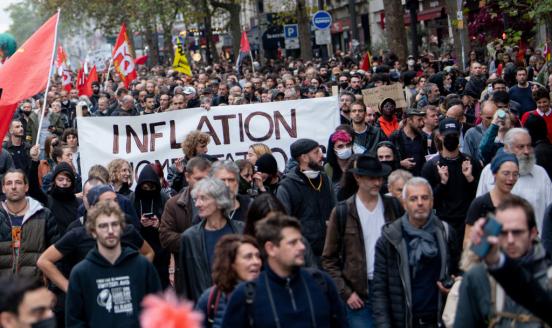
Inflation inequality in the European Union and its drivers
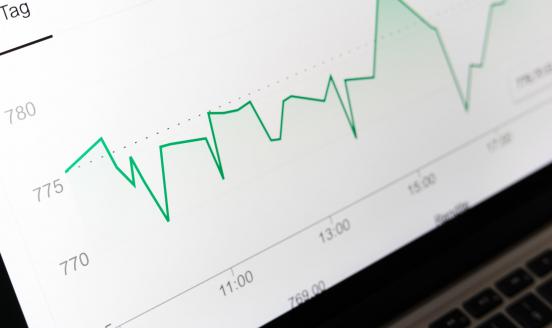
European Union countries’ recovery and resilience plans

Promotion of high capacity broadband to rebuild and recover from the pandemic
High-capacity broadband infrastructure will be a key enabler of a forward-looking recovery after COVID-19.

How rate increases could impact debt ratios in the euro area’s most-indebted countries
Debt-to-GDP ratios should continue to fall in euro-area countries despite rising interest rates, post 2023 the situation might vary across countries

Fragmentation risk in the euro area: no easy way out for the European Central Bank
The ECB should design a specific tool that will accompany interest rate hikes to neutralise the risk of fragmentation directly for countries facing it
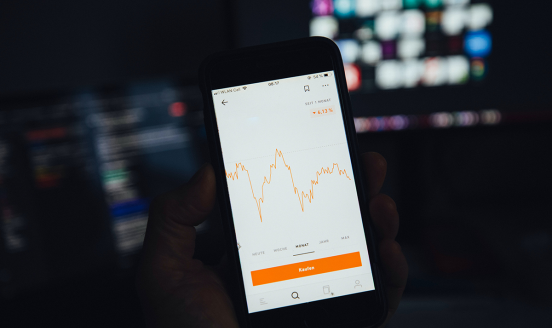
Venture capital: a new breath of life for European entrepreneurship?
Whether the dynamism of European venture capital of the past two years can be sustained and kick start a credible alternative to bank finance in the E
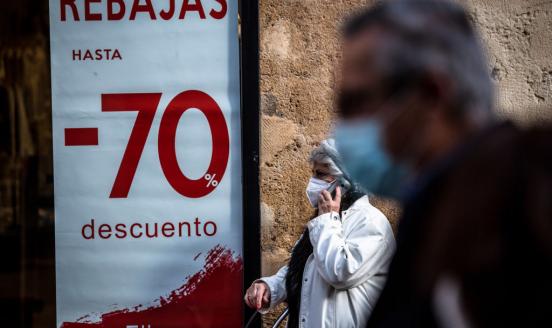
Who is suffering most from rising inflation?
The lowest income households are suffering disproportionally from the current inflation increase, with rising energy prices the main culprit.

The effect of COVID certificates on vaccine uptake, public health, and the economy
An analysis of the incentive effects of COVID certificates on vaccine uptake, health outcomes and the economy.

What will be the impact of Europe’s next round of COVID-19 restrictions?
As COVID-19 cases surge, the choice of restrictions, and the details of their implementation, can have a major influence on the degree to which busine

Germany’s post-pandemic current account surplus
The pandemic has increased the net lending position of the German corporate sector. By incentivising private investment, policymakers could trigger a
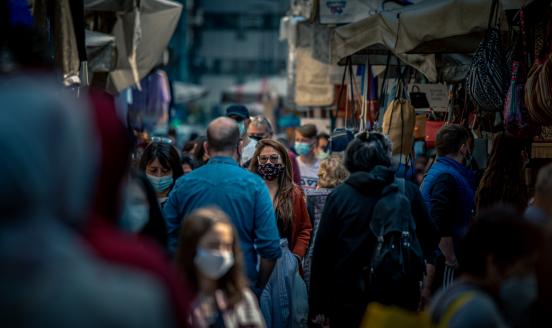
A world divided: global vaccine trade and production
COVID-19 has reinforced traditional vaccine production patterns, but the global vaccine trade has changed considerably.
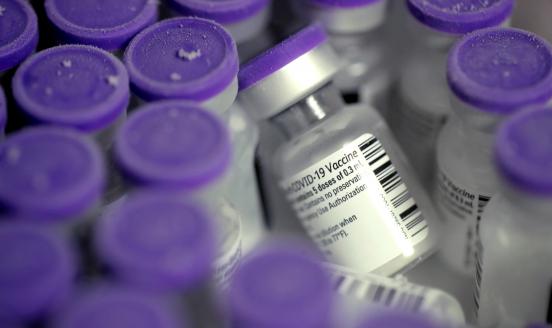
Fair vaccine access is a goal Europe cannot afford to miss – July update
European countries must do more to tackle the vaccine uptake gap. Vaccination data should be published at the maximum granularity level so researchers

How have the European Central Bank’s negative rates been passed on?
Negative rate cuts are not that different from ‘standard’ rate cuts. Like them, they reduce banks’ margins, but this effect does not appear to be ampl

Europe should not neglect its capital markets union
The European Union’s capital markets remain very underdeveloped compared to the United States.
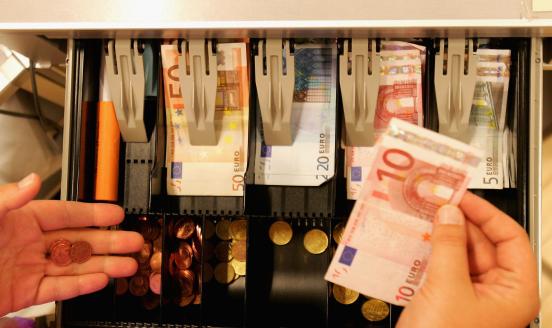
How has COVID-19 affected inflation measurement in the euro area?
COVID-19 has complicated inflation measurement. Policymakers need to take this into account and should look at alternative measures of inflation to un

Fair vaccine access is a goal Europe cannot afford to miss
COVID-19 vaccination campaigns in the fastest-moving countries show signs of reinforcing inequality. European Union countries can avoid these pitfalls
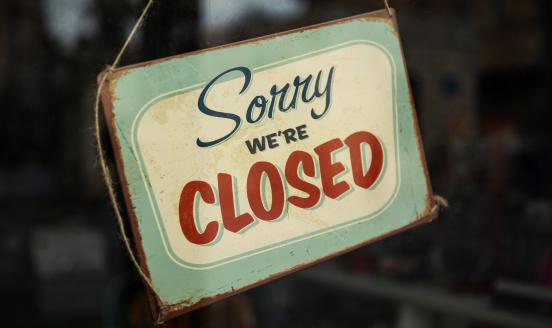
The impact of COVID-19 on the Internal Market
Study assessing the impact of the COVID-19 crisis on the European Union's Internal Market and consumer protection prepared for the European Parliament
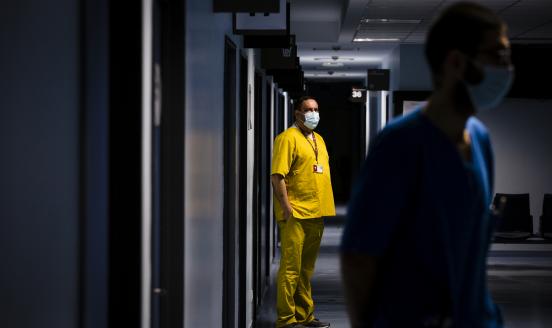
What do vaccination passports mean for Europe?
To the extent that vaccination against COVID-19 stops individuals infecting others, restrictions on vaccinated individuals’ rights should be lifted: f